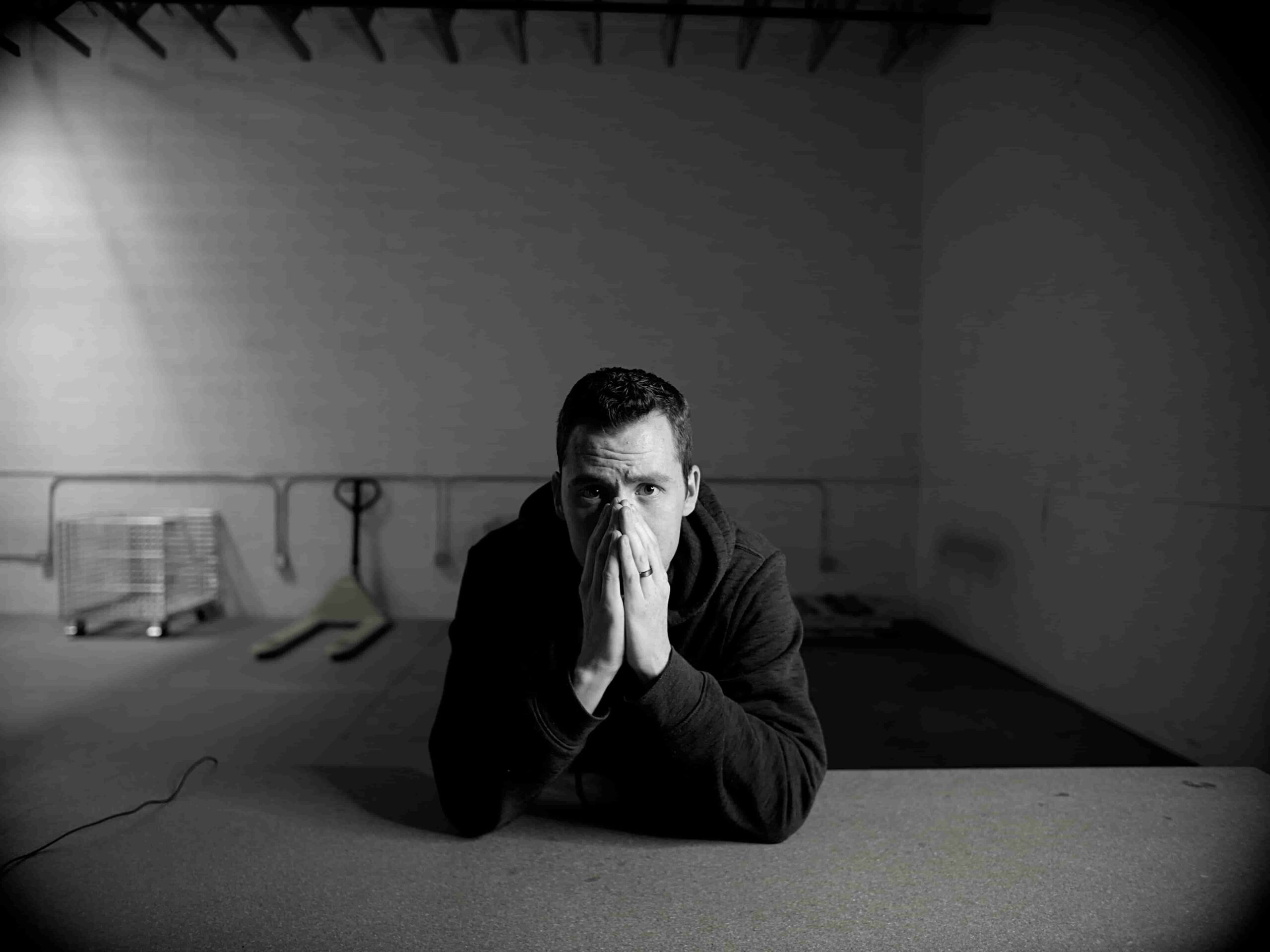There’s been a lot of discussion about anxiety and how it relates to adolescents’ health.
Today, teens are more stressed-out than those in previous generations. There’s pressure to be successful in school,  sports, and extracurricular activities. Beyond that, college admissions can also be a source of anxiety. This includes getting into the “right” school and having the “ideal” application package.
sports, and extracurricular activities. Beyond that, college admissions can also be a source of anxiety. This includes getting into the “right” school and having the “ideal” application package.
And let’s not forget about all of the social stressors that teens have always faced. Only now, there’s the Internet and social media to deal with on top of everything.
All this can leave parents worried and concerned about their teen. Are they stressed-out and anxious too?
Here’s how you can recognize the signs of anxiety in teens.
Know the Symptoms of Anxiety
First, it helps to quickly refresh what the symptoms of anxiety are. These include:
- Restlessness
- Nervousness
- Feeling tense, both emotionally and physically
- Weakness
- Shaky hands or trembling
- Breathing too fast
- Sleep issues
- Excessive worry
- Elevated heartbeat
While these symptoms can occur at varying intensities, in the worst-case scenario, they can lead to a full-blown panic attack. During an anxiety attack, someone might begin to sweat profusely and breathe very rapidly. In effect, it will feel to them like they have no control over what’s happening.
Recognizing the Signs of Anxiety in Teens Within Context
When recognizing the signs of anxiety in teens, it’s important to understand the context of the situation. For example, consider the following scenarios and questions you may want to ask yourself.
An important test or exam: Has your teen been studying for an upcoming test or exam and seem really stressed out about it? Is it a test that they need to pass, such as state assessments or their driver’s license exam?
Applying to college: Does your teen seem to be experiencing signs of anxiety due to the college admissions process? Is there a “dream school” that they are absolutely focused on getting into? Are they afraid that they haven’t done enough to get into college? This, despite the fact that their grades are great and they have done plenty of extracurricular activities or volunteer work.
Social Situations: Has your teen talked at all about issues affecting their friendships or relationships with other teens? For instance, a romantic relationship or how someone mistreated someone else. Could there be bullying occurring either at school or online that’s causing anxiety?
Seeing the context of the anxiety-inducing situations will help you understand the intensity and potential duration of your teen’s stress. Some anxiety may be very well temporary, but there are situations that can cause prolonged or chronic feelings of anxiety.
The Connection Between Distractedness and Anxiety in Teens
One of the signs of anxiety in teens that you might miss or misinterpret is distractedness. Granted, it can seem as if every teen is distracted! That’s actually pretty natural for teens. However, it could be that your teen is overly distracted because of anxiety.
A common coping strategy for many people, whether an adult or teen, is for them to distract themselves from what they are feeling.
In the case of an adult, they might work even harder and for longer hours so as not to experience the feelings of anxiety. With teens, this may show up in over-scheduled themselves so much that they have no free time at all. Or their social media use seems to have no boundaries. Worse even, they could be using substances as a way to “distract” themselves and cope with anxiety.
Supporting Your Adolescent’s Health
So what if you do recognize some of these signs of anxiety in your teen. How can you support them?
You can:
- Encourage them to participate in stress management activities, such as exercising
- Create structure around phone and/or internet use in the home
- Stay up to date on your teens’ activities, ask them questions, and be involved in their lives
Additionally, you can help your teen by encouraging them to meet with a therapist who understands both anxiety and how it affects teens. Therapy can be a great tool for them to unburden themselves in a way that they might not feel ready to do with you. A good anxiety therapist will teach you child emotional regulation skills that he or she will carry with them for life.
Remember, the idea is that they are talking about what’s causing the anxiety, getting the support they need, and learning how to manage stress, fear and anxiety.
—
When you inform yourself and know the signs of anxiety in teens, you can better support your adolescent’s health. However, don’t feel that you have to do it all alone. Some situations call for help from a skilled therapist who has experience working with teens.
If you would like to know more about my approach to anxiety therapy, please don’t hesitate to contact me.





